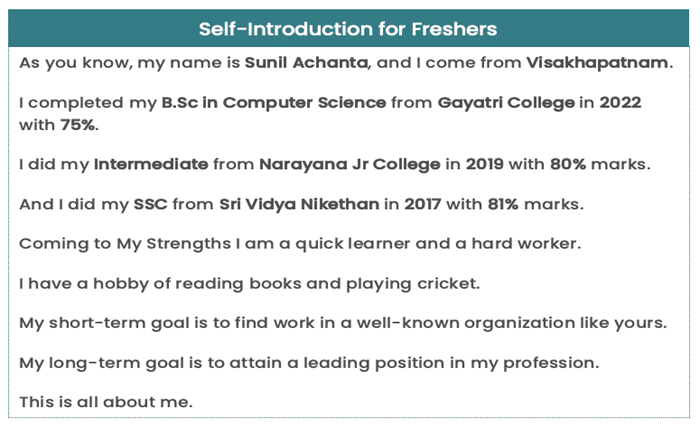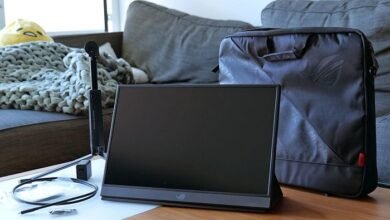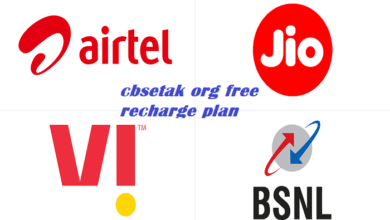Mastering Self Introduction in Interview: A Complete Guide for Success

Introducing yourself in a job interview is your first opportunity to make a lasting impression. A well-crafted self introduction in interview can set the stage for success, making you stand out as a confident and capable candidate. Whether you are a fresher or an experienced professional, knowing how to introduce yourself effectively can increase your chances of landing your dream job. In this guide, we will cover everything you need to know about crafting the perfect self introduction in interview.
What is Self Introduction in Interview?
A self introduction in interview is the first thing recruiters ask you to do when you enter an interview room. It is your opportunity to present yourself concisely, highlighting your skills, experience, and personality. A well-structured self introduction in interview should include your name, educational background, work experience, strengths, and career aspirations.
The key to a great self introduction in interview is to be confident, articulate, and relevant. You should keep it brief, engaging, and aligned with the job role you are applying for. Recruiters often judge your communication skills and confidence based on your introduction, so making a positive impression is crucial.
Why is Self Introduction in Interview Important?
The importance of self introduction in interview cannot be overstated. It sets the tone for the entire conversation and allows interviewers to assess your personality, communication skills, and suitability for the job. Here’s why a strong self introduction in interview matters:
First Impressions Matter: The way you present yourself determines the interviewer’s perception of you. A confident self introduction in interview helps create a positive first impression.
Demonstrates Communication Skills: Employers value candidates who can articulate their thoughts clearly. A well-structured self introduction in interview showcases your ability to communicate effectively.
Helps Break the Ice: A smooth self introduction in interview makes the interview more comfortable and allows you to establish rapport with the interviewer.
Sets the Stage for the Interview: Your introduction provides context for your answers in the rest of the interview. A strong self introduction in interview ensures a smooth flow of conversation.
Shows Confidence: Confidence is a key trait employers look for. A polished self introduction in interview demonstrates that you are prepared and self-assured.
How to Structure Your Self Introduction in Interview?
A well-structured self introduction in interview follows a logical flow. Here’s a step-by-step breakdown of how to introduce yourself:
1. Start with a Greeting
Begin your self introduction in interview with a polite greeting. For example:
“Good morning, thank you for giving me this opportunity.”
2. Mention Your Name and Background
State your full name and provide a brief background about where you come from.
“I am [Your Name], and I am from [Your City/State].”
3. Talk About Your Education
Mention your highest qualification and the university you attended.
“I have completed my [Degree] in [Field] from [University Name].”
4. Highlight Your Work Experience
If you are experienced, talk about your previous roles and key achievements. If you are a fresher, focus on internships, projects, or training.
“I have [X] years of experience in [Industry/Job Role] and have worked on [specific achievements].”
5. Discuss Your Skills and Strengths
Briefly mention your key skills relevant to the job role.
“My strengths include [mention 2-3 skills], and I enjoy working on [specific task or industry-related skill].”
6. Express Your Career Goals
End your self introduction in interview by stating why you applied for this position and your career aspirations.
“I am excited about this opportunity because [mention reason], and I look forward to growing with [Company Name].”
7. Conclude with a Thank You
Wrap up your self introduction in interview politely.
“Thank you for this opportunity. I am excited to discuss my qualifications further.”
Tips for a Successful Self Introduction in Interview
Crafting an effective self introduction in interview requires practice and strategy. Here are some tips to ensure you leave a strong impression:
Be Confident: Confidence is key. Practice your self introduction in interview until you can deliver it smoothly without hesitation.
Keep It Concise: Avoid lengthy introductions. A self introduction in interview should ideally last between 1-2 minutes.
Tailor It to the Job Role: Customize your self introduction in interview to highlight skills and experiences relevant to the position you are applying for.
Maintain Eye Contact: Good eye contact shows confidence and sincerity. Avoid looking down or appearing distracted during your self introduction in interview.
Use a Positive Tone: A friendly yet professional tone will make your self introduction in interview more engaging.
Practice with a Friend: Rehearsing your self introduction in interview with a friend or in front of a mirror can help improve your delivery.
Avoid Overloading Information: Stick to relevant details and avoid unnecessary personal information in your self introduction in interview.
Common Mistakes to Avoid in Self Introduction in Interview
While preparing for your self introduction in interview, be mindful of these common mistakes:
Speaking Too Fast: Rushing through your self introduction in interview can make you appear nervous and difficult to understand.
Lack of Preparation: A poorly structured self introduction in interview can lead to an unimpressive start. Always practice beforehand.
Sounding Too Robotic: While rehearsing is essential, ensure your self introduction in interview sounds natural and not overly scripted.
Providing Too Much Information: Stick to essential details. A long self introduction in interview can bore the interviewer.
Being Too Generic: Make your self introduction in interview unique by adding specific achievements or personal touches.
Examples of Self Introduction in Interview
Here are two sample self introduction in interview templates based on different experience levels:
For Freshers:
“Good morning. My name is [Your Name], and I am from [Your City]. I recently completed my [Degree] in [Field] from [University]. During my studies, I worked on projects related to [mention project] and completed an internship at [Company Name], where I gained experience in [mention skill]. I am a fast learner, highly motivated, and excited to apply my knowledge to this role. I am eager to join [Company Name] to grow professionally and contribute to your team. Thank you for this opportunity.”
For Experienced Professionals:
“Good afternoon. I am [Your Name], with [X] years of experience in [Industry/Role]. I specialize in [mention skills] and have worked at [Previous Company], where I contributed to [mention key achievements]. I enjoy challenges and have a passion for continuous learning. I am looking forward to joining [Company Name] to leverage my expertise and help drive success. Thank you for this opportunity.”
Conclusion
A well-crafted self introduction in interview is a critical step toward making a positive impression. It allows you to present your skills, experience, and personality in a way that aligns with the job role. By following the right structure, avoiding common mistakes, and practicing regularly, you can master your self introduction in interview and increase your chances of success. Remember, confidence, clarity, and relevance are key to delivering a strong self-introduction.
FAQs
1. How long should a self introduction in interview be?
A self introduction in interview should ideally last between 1-2 minutes. Keep it concise and to the point.
2. Can I include personal details in my self introduction in interview?
It’s best to focus on professional details like education, skills, and experience. Avoid unnecessary personal information.
3. What should I avoid in a self introduction in interview?
Avoid being too generic, speaking too fast, or providing excessive details. Keep it structured and relevant to the job.
4. How can I improve my self introduction in interview?
Practice regularly, tailor it to the job role, and get feedback from friends or mentors to refine your introduction.
5. Is a self introduction in interview different for freshers and experienced candidates?
Yes, freshers should focus on education and internships, while experienced candidates should highlight work experience and key achievements.





